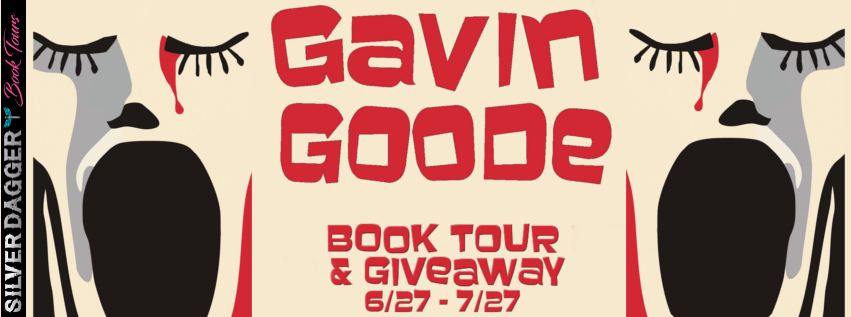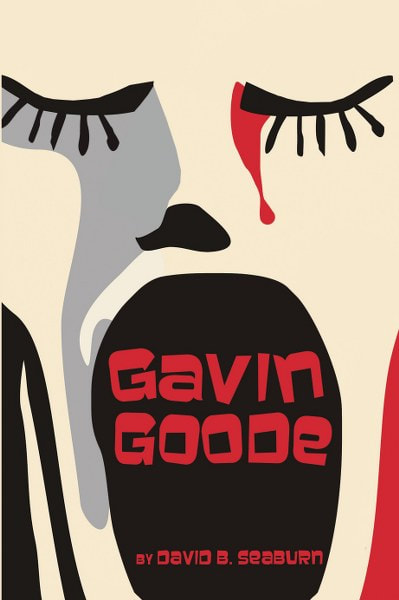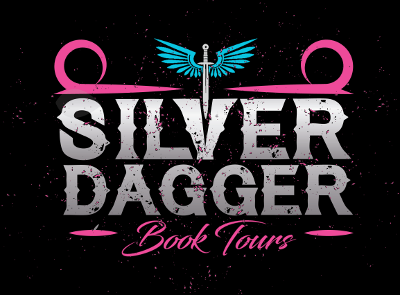Gavin
Goode
by
David B. Seaburn
Genre:
Literary Fiction
“I don’t know
how, and I don’t know why, but I think I died today.”
So begins the
complex and mysterious journey of Gavin Goode and his family. What
happened to Gavin and why? What secrets will emerge along the way?
Frankie, his wife and a dress store owner, feels guilty, but why? His
son, Ryan, who owns an ice cream parlor, and daughter-in-law, Jenna,
who is a bank manager, are expecting their first baby. How will this
trauma affect them? And what of Rosemary, Frankie’s best friend? Or
Ben Hillman and eleven year old, Christopher? How are they implicated
in the events that unfold around Gavin’s misfortune?
This is a story of
despair and hope, dreams and reality, uncertainty and faith,humor,
secrecy, forgiveness and beginnings. As in his previous novels, David
B. Seaburn demonstrates his in-depth understanding of the human
experience and his storytelling mastery.
In
2010 I retired after having been the director of a public school
based free family counseling center.
Prior
to that I was an Assistant Professor of Psychiatry and Family
Medicine at the University of Rochester Medical Center for almost
twenty years. During my tenure there I taught in a Family Medicine
Residency Program, practiced Medical Family Therapy and was the
Director of a Family Therapy Training Program.
In
addition to this I am a retired Presbyterian minister, having
graduated from seminary (Boston University) in 1975. I served a
church full-time from 1975-1981 before entering the mental health
field permanently. I am married; we have two adult daughters and two
wonderful granddaughters.
My
educational background includes two master's degrees and a PhD. Most
of my career was as an assistant professor of psychiatry and family
medicine at the University of Rochester Medical Center. There I wrote
two professional books and over 65 papers and book chapters.
In
addition to long fiction, I write personal essays, many of which have
been published in the Psychotherapy Networker magazine.
I
also write a blog, "Going Out Not Knowing," for Psychology
Today magazine
(http://www.psychologytoday.com/blog/going-out-not-knowing).
GUEST POST
Tips
for First Time Novelists
David
B. Seaburn
Sitting
down for the first time to start writing a novel may feel like
climbing Mt. Everest without a guide (or adequate oxygen). While
there is no sure-fire formula for success, here are some things to
keep in mind as you begin your climb.
- Write about something that interests you Don’t start by trying to figure out what readers like or want (many will disagree with this!). If you write well about what interests you, in all likelihood, it will be interesting to others.
- Consider first person Writing in first person can be much less complicated in that you only have to develop a single voice (hard enough). Third person requires developing multiple voices and a narrator’s voice to accommodate them.
- When it comes to characters, less may be more Three or four characters generate countless interactions. Adding more may become cumbersome and overwhelming. The risk is that some of those characters may end up one dimensional or underdeveloped.
- Don’t worry if the path ahead is unclear Many novelists do not know what the end of the story will be when they sit down to write the first sentence. Knowing the ending is not necessary. You will discover it as you write.
- Have a problem or conflict in mind It helps to have a central dilemma driving your story from the beginning. A secret, a loss, conflicting desires, something that creates tension between characters. One is plenty. Others may arise as you progress through the narrative.
- Find your writing groove Where you write, how much you write, when you write; there is no right way to write. It needs to fit your personality.
- Saying ‘I can’t find time to write’ may not be true Of course, it may be difficult for many of us to find time; but often the time exists (even in small bits and pieces). But we are convinced we need lots of time, and when we can’t find it, we don’t write at all.
- Don’t wait for inspiration If you do, you may never write at all! Sometimes we feel inspired, but mostly we don’t. It’s better to think of writing as ‘work,’ very important work, but work, nevertheless. It’s important to sit down and do it, even when we don’t feel we have anything to say. Writing is its own inspiration.
- Read your work out loud This is a good way to see whether your writing has rhythm and flow. In particular, read dialogue out loud to see whether it sounds like anyone would actually say it.
- Use accessible language A reader shouldn’t need a dictionary while reading your work. By and large, a novel should read like spoken language.
- Consider short chapters One way to think about chapters is that they should complete a single ‘thought.’ Short chapters also help maintain rhythm and movement.
- Try to avoid ‘very’ and ‘!’ in narration They can be used in dialogue. The element of exclamation should be contained in how you articulate what you are discussing.
- Show, don’t tell Saying a character was feeling depressed is not as effective as describing how hard it is for that character to get out of bed in the morning.
Follow
the tour HERE
for exclusive excerpts, guest posts and a giveaway!








No comments:
Post a Comment